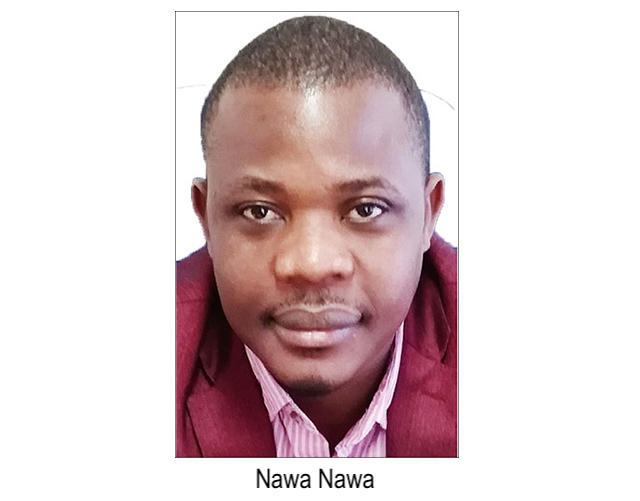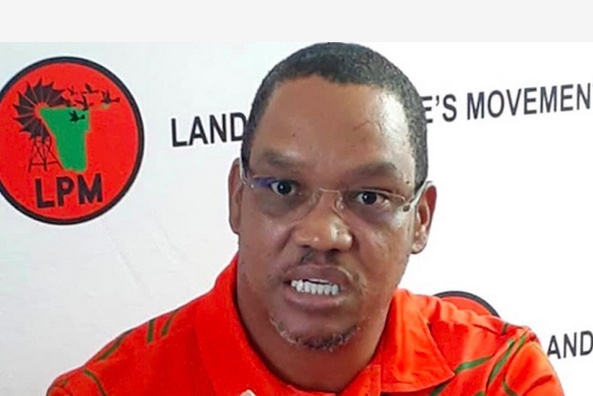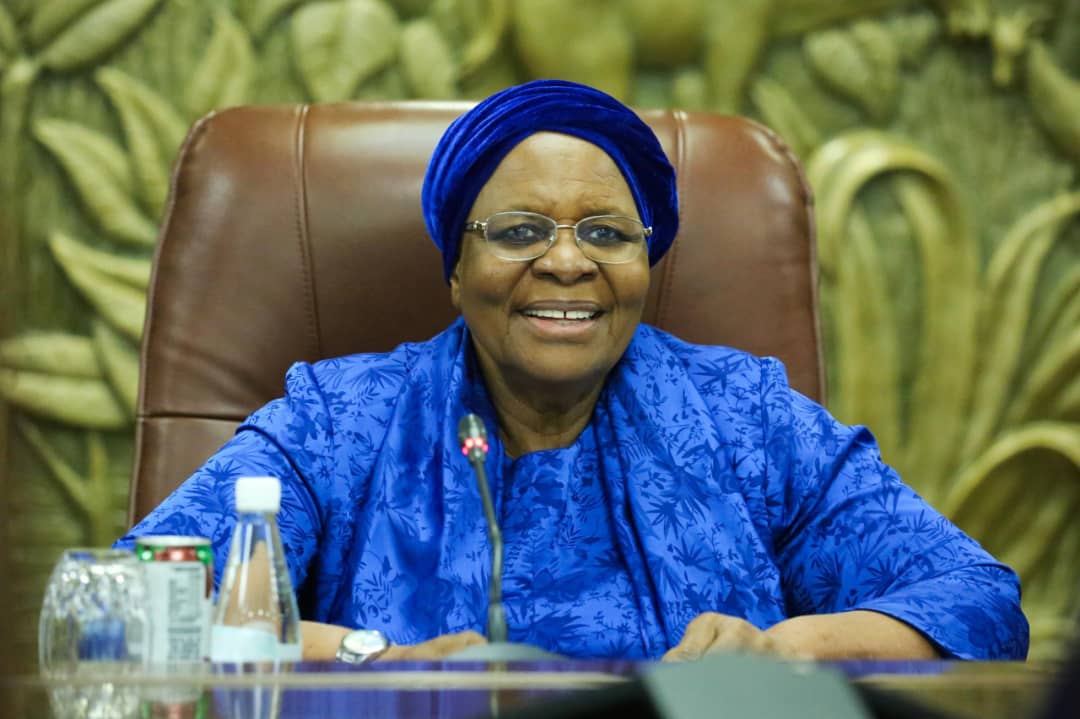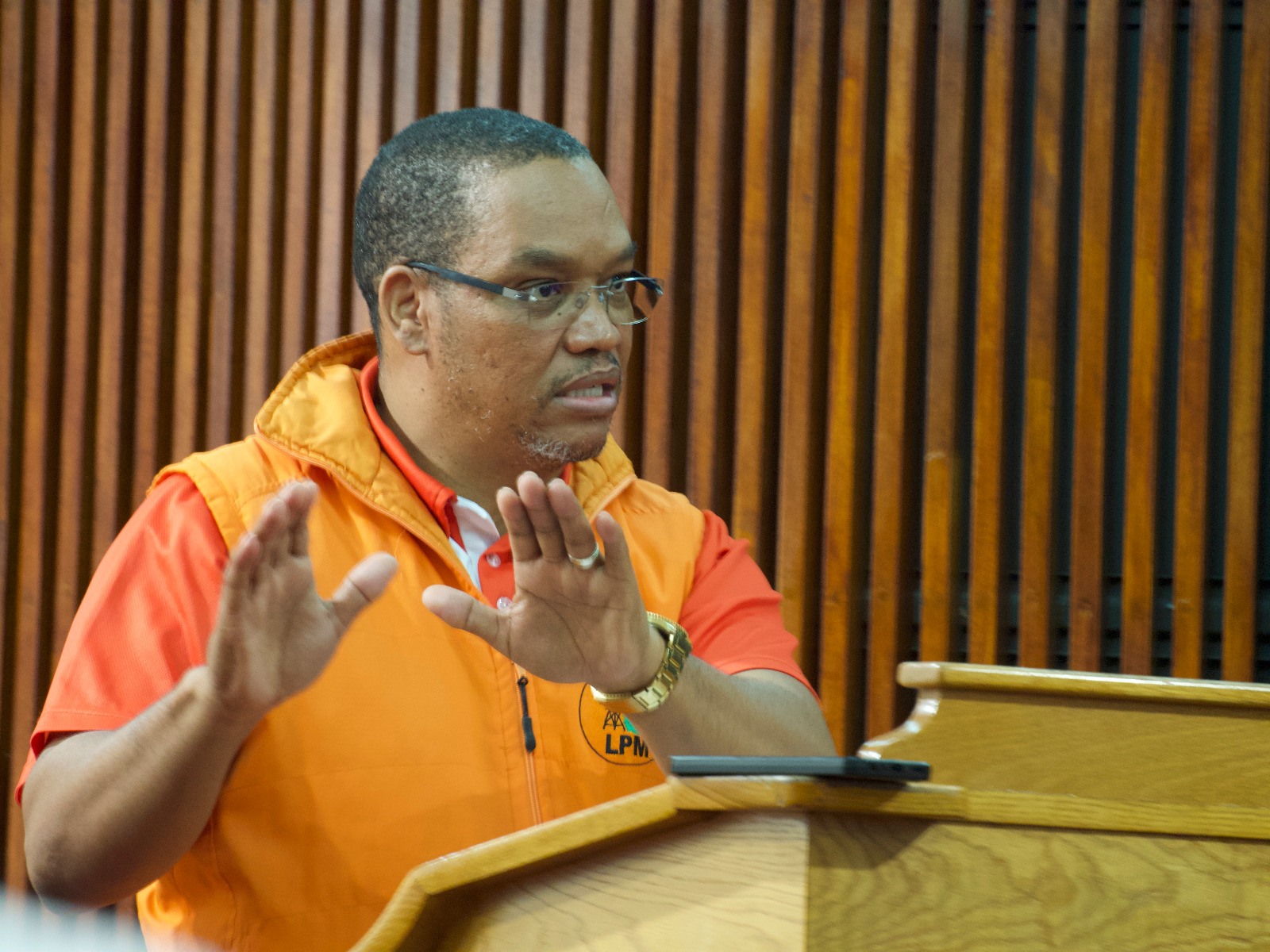NAWA NAWACOUNTRIES LIKE BOTSWANA, Angola and Zambia, among others, border the Zambezi region, which is known as a gateway to central Africa.
Many inhabitants depend on the river and surrounding areas for their livelihood through small to medium agricultural projects for subsistence, pastures for livestock, and through fishing activities.
However, Namibians along the Chobe and Linyanti rivers in the Zambezi region live in fear of harassment by Botswana security forces. This has been going on for the past 30 years – since independence. To date, there has been no appropriate solution to the situation.
The sad reality is that if an individual is found near the river – either herding cattle or fishing on the Namibian side – they run the risk of being mistaken for a poacher.
If they are lucky, they will be reprimanded or harassed by the Botswana Defence Force (BDF) and get off with a warning that they should not be seen near the river again. As a result, people’s livelihoods are severely affected.
I believe there should be equitable benefit in the sharing of natural resources without undue interference among neighbouring countries when it comes to transboundary issues.
If a Namibian national is found violating Botswana laws, the person should be apprehended, due process should be followed and the suspect should go through the criminal justice system.
However, this does not seem to work both ways.
In a case earlier this year – at around 14h00 on Sunday, 31 May 2020 – there was an incident in the Linyanti area involving four Namibian men.
It is alleged that the group left Linyanti village in the morning to go and cut grass for building purposes. While on the mission, they heard gunshots and said they were ambushed without warning. Three of the men managed to escape unhurt, but one man was shot several times and died on the spot. The survivors claimed that, from a distance, they saw a BDF helicopter land where the deceased was shot. According to them, his body was loaded onto the helicopter and transported to Kasane.
The incident was reported to the Namibian Police a day later. An officer visited the scene and it was established that the area where the three survivors said they were attacked was in Namibia. The village headman confirmed that the area pointed out fell under his jurisdiction.
Apart from taking witness statements from the survivors, the police did little to investigate the scene – even after it was confirmed a murder case. No scene reconstruction was done. Shoe prints and other clues were not documented. A preliminary investigation could have been initiated and, as a result, could have led to someone being held accountable for the killing.
After the police officer gave feedback to his superior, a missing persons file was opened. Information was later received from the Botswana authorities that the body of a Namibian matching the description given to them by the Namibian Police was being kept at the Kasane mortuary.
It was followed by back-and-forth communication between family members and the police at the Zambezi regional head office/national Interpol office in Windhoek, until the body was finally repatriated to Namibia on 17 July 2020.
Given the prevailing Covid-19 lockdown regulations, the family had to endure extra trauma. They also incurred mortuary storage fees and other costs related to the repatriation of the body.
In a similar incident in June 2020, the bodies of two Namibians from Zambezi were being kept in Botswana’s Kasane mortuary.
Residents allege they were killed by the BDF.
No accurate statistics could be obtained but, according to some reports, by 2016 more than 30 Namibians had lost their lives in incidents allegedly involving the BDF.
Several Batswana arrested in Namibia for wildlife-related crimes and other unrelated offences went through our criminal justice system.
Botswana needs to follow suit.
Namibia is failing to execute its functions diligently. What message do we send if we don’t act on human rights violations against fellow Namibians?
The sovereignty and integrity of this country had been compromised for too long.
Stay informed with The Namibian – your source for credible journalism. Get in-depth reporting and opinions for
only N$85 a month. Invest in journalism, invest in democracy –
Subscribe Now!










